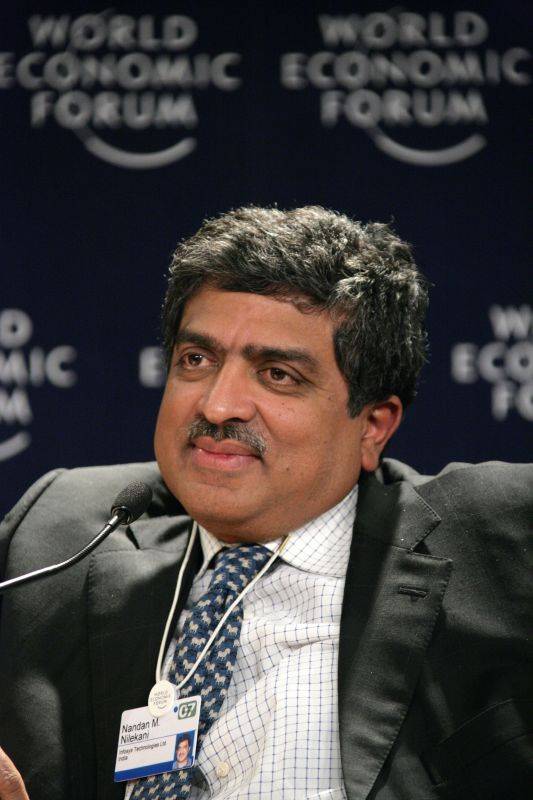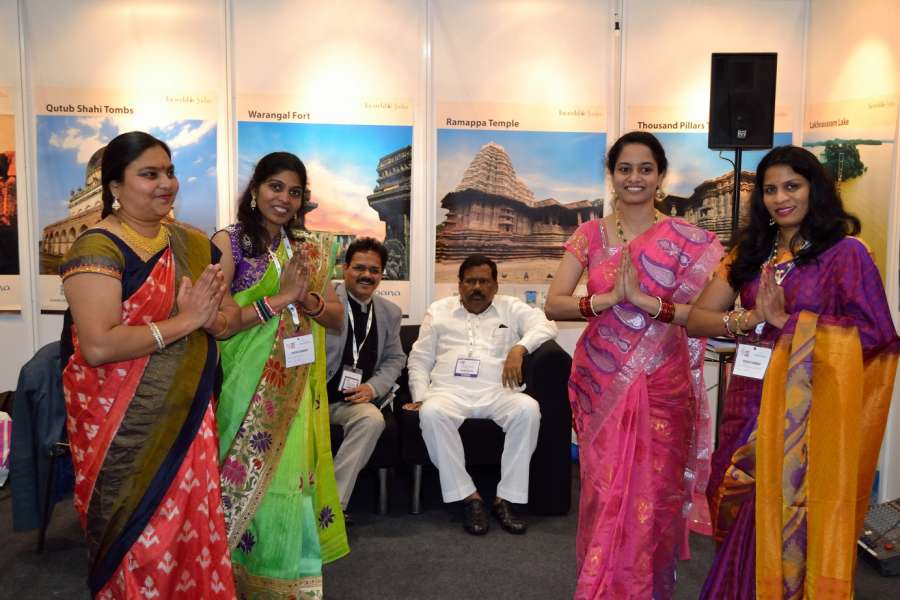Asia’s Tourism, travel and hospitality sectors will witness a boom in next few months. Herd immunity in Asia will catalyze comeback of travel industry … reports Asian Lite Newsdesk
Nandan Nilekani, the co-founder of Infosys, said Asia’s economic recovery is not far away, provided the pace of vaccination is increased so the region arrives at a herd immunity.

Speaking during a virtual session at the World Government Summit Dialogues (WGS Dialogues), moderated by Samir Saran, President of the Observer Research Foundation, Nilekani explained how said Asian economies will recover quicker from the COVID-19 pandemic, than most other continents after their leading role in the healthcare industry’s response to the virus, as it plays a leading role in building digital infrastructure.
“The recovery will come from the consumers. I see a burst of consumption across the region, and that’s very good news in terms of creating economic opportunities and boosting consumer confidence,” he said.
“Many of the industries that were laid low by the pandemic, like travel, tourism and hospitality will start seeing a quick recovery in the coming months. If we can distribute vaccines throughout Asia as quickly as possible, we will be able to achieve community immunity that precedes any new mutations in the virus. This step will enable everyone to return to normal life and revitalize travel and tourism.”
The InfoSys co-founder identified the globalization of services as an area of priority for governments, if they are to lead their nations forwards. “The pandemic may have put some kind of limits on the globalization of goods, because some governments have wanted to put trade barriers between nations. But the globalization of services has accelerated, it’s an area where governments will have to invest.”

Nilekani went on to say that, as the geopolitics of technology shifts rapidly, the key for Asian countries is to invest in more in strategic digital architecture. “One of the things we’ve learned in the last 20 years is that if you don’t plan your digital infrastructure properly, you will see winner-take-all and monopoly models emerging. Countries around the world – US, China, Australia, India, are dealing with this now. But you need a digital architecture which creates innovation, competition, interoperability.”
He added: “We are seeing some kind of splinter-net, or the Balkanization of the internet, because the internet has become so critical for nations, whether in the delivery of services, free speech, pop elections – it’s become the case that nations cannot sit quietly.
“You will see more variations of the internet based on a country’s profile and government. In Asia, the key is in realizing that the internet is Balkanizing, and coming up with a tech strategy that allows us to use the best from everywhere and that doesn’t lock us into a political approach, and creating a no lock-in system.”
As a solution, Nilekani referred to the Indian approach to providing a digital infrastructure that helps democratize the Internet, for the benefit of individuals and businesses. “India’s built a digital infrastructure to create a more democratized internet and this has learnings for the whole world. In India, our whole data empowerment architecture is fundamentally profound because it allows individuals and business to use their own data for their benefit which automatically goes against the aggregation of data in one platform.
“If you look at what’s happening around the world, for example, in China, the challenge where Alipay was unable to go through with its IPO, and now they’re putting in more regulations that online lending platforms should put up 30% of the capital on loans, all this is basically to ensure there’s a link between origination of credit and provider of credit.”









